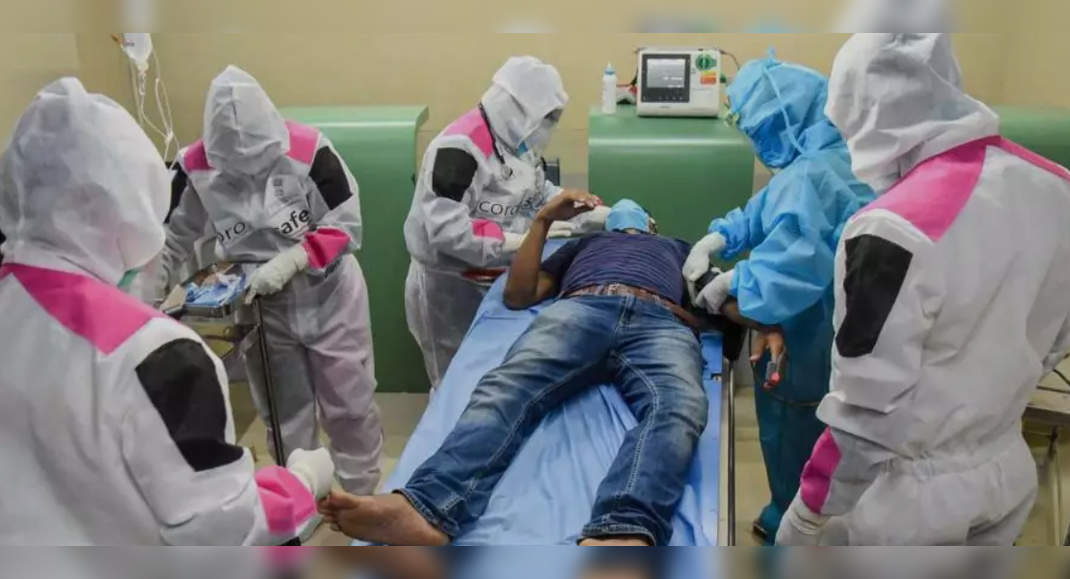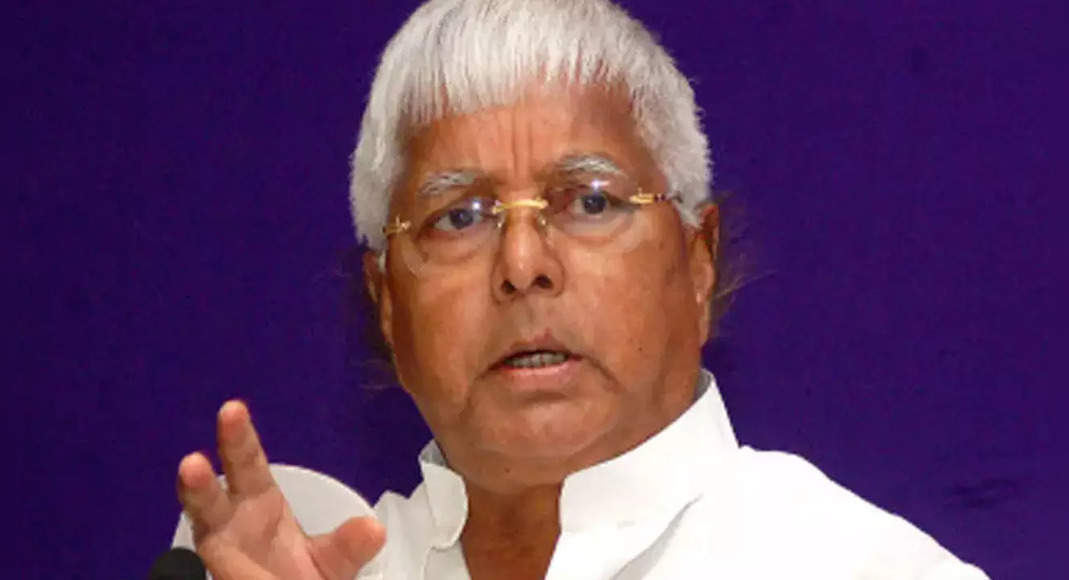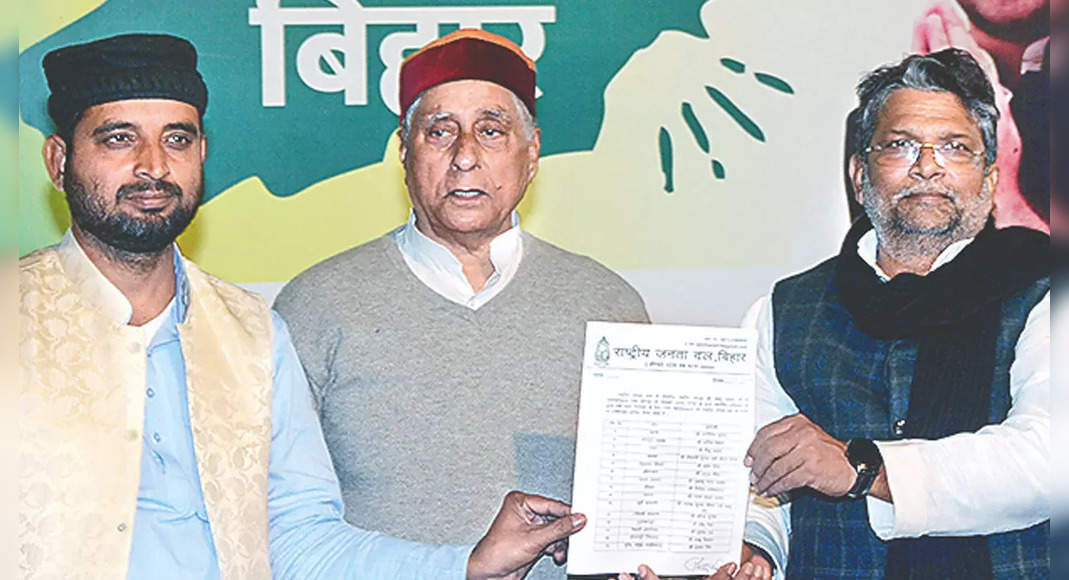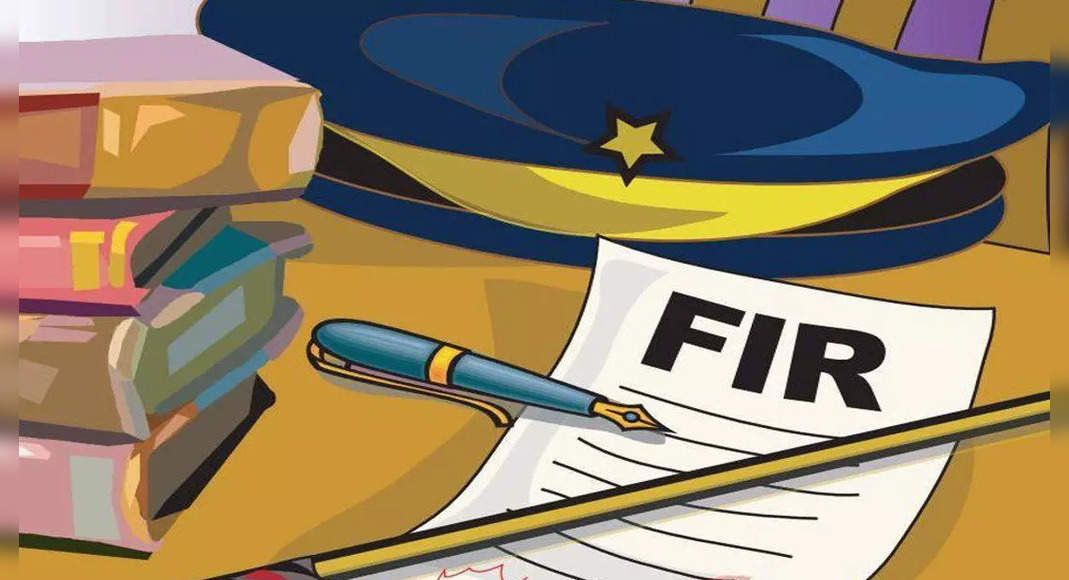PATNA: The unavailability of Liposomal Amphotericin-B, the primary drug used to treat black fungus and prevent it from spreading to other organs, has delayed the number of surgeries of mucormycosis patients in the city during the last few weeks.
According to Dr Sanjeev Kumar, the nodal officer for Covid-19 at the All India Institute of Medical Sciences-Patna (AIIMS-P), mucormycosis patients can be treated if Amphotericin-B injections are in stock.
“Although we are capable of operating on 10 patients a day, we are only doing four or five surgeries due to the acute shortage of the injection.
Right now we are prescribing oral medications to the patients in order to postpone the surgeries,” Dr Sanjeev told this reporter and added that the hospital would also conduct mucormycosis surgeries on Saturdays and Sundays.
As many as 120 mucormycosis patients have been admitted to the AIIMS-P so far.
On the other hand, the number of such patients has risen to 110 at the Indira Gandhi Institute of Medical Sciences (IGIMS).
A senior IGIMS doctor pointed out that 30 people infected with black fungus required debridement (medical removal of dead skin tissue to help a wound heal) because the infection had affected areas like the nose, eyes, mouth, face and even the brain.
“After debridement, we need at least six vials of Amphotericin-B for each patient.
However, we do not have enough injections,” he added.
Of the 23 mucormycosis patients admitted to Paras HMRI, 12 have died so far.
The hospital’s regional director (east), Dr Talat Halim, claimed, “We receive the anti-fungal injection only after sending the patients’ names to the government.
We, however, faced its shortage on Monday because we did not get the required number of vials from the drug controller.” Doctors say proper assessment of mucormycosis patients is important because surgeons decide the line of treatment on the basis of the body part involved.







